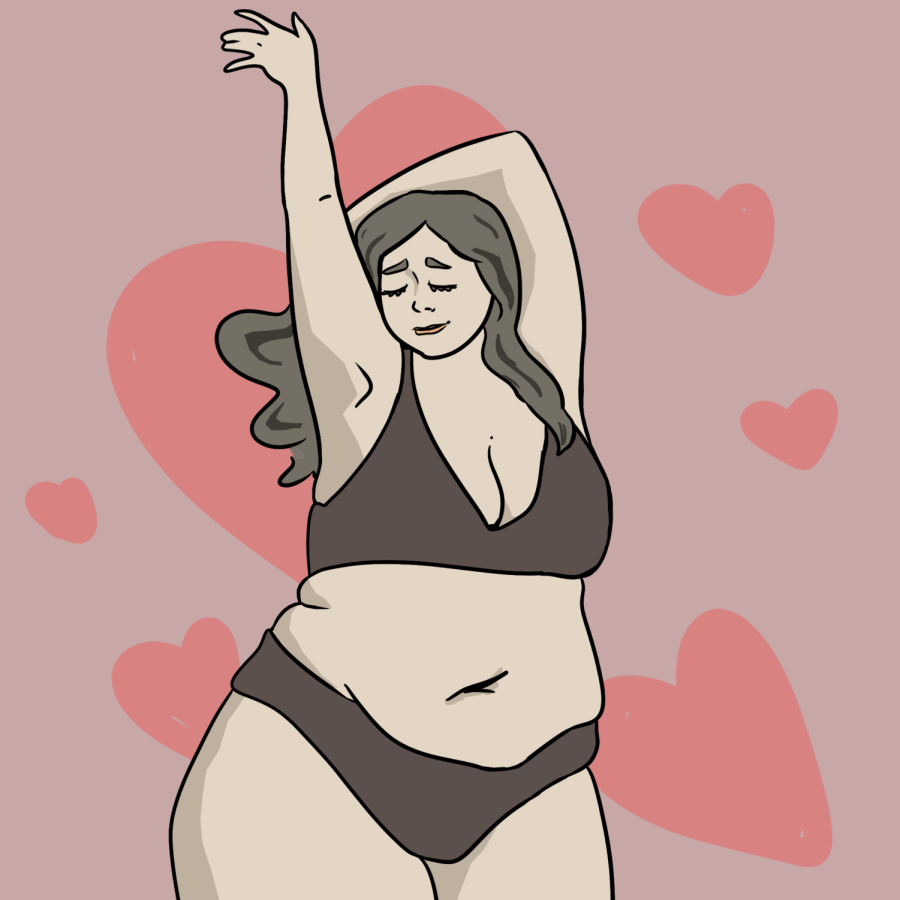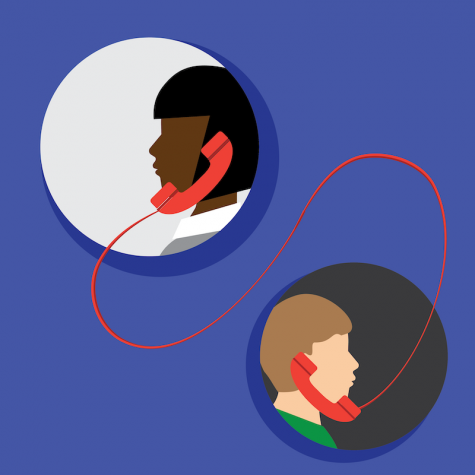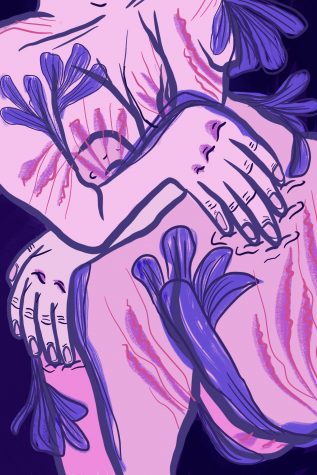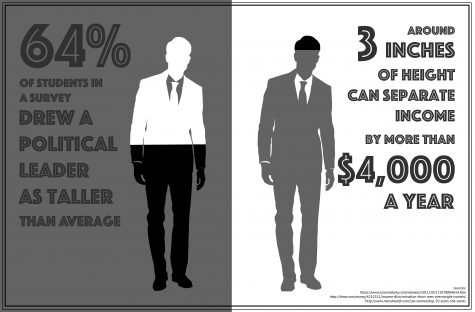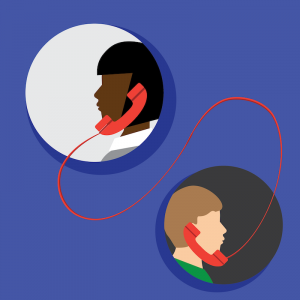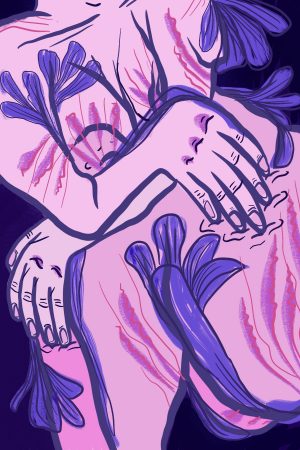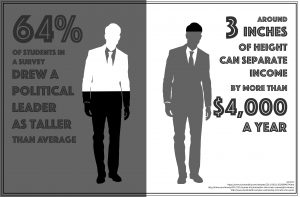‘Loving your body doesn’t necessarily have to be loving the way you look’: UT Body Project returns to uplift, empower female identifying students
February 25, 2022
The UT Counseling and Mental Health Center is recontinuing a collaboration with University Health Services in March to offer the Body Project, a body acceptance project, to female identifying students.
During the project sessions, participants engage in conversations led by peer educators that focus on personal feelings and interactions with cultural beauty pressures. The Body Project, which launched in 2019, originally offered four one-hour sessions to students but is shifting to offer two, two-hour sessions this semester.
Sarah Frey, the project’s health education coordinator, said the major goal of the program is dismantling harmful body stereotypes on campus.
“We really kind of … lean toward folks who are looking to help shift the culture around body acceptance and decreasing this subscription to the appearance ideal that has been shown to feed into disordered eating patterns,” Frey said.
Lori Woo, a peer educator on the project, said the students involved in the project work with themes of self-acceptance and empowerment in group sessions and through assigned at-home exercises. These exercises include prompts such as writing a letter to their younger selves and identifying shaming behaviors from family members and friends.
“Loving your body doesn’t necessarily have to be loving the way you look,” Woo said. “It’s more like loving yourself and choosing to nourish your body and move your body in a way that feels joyful to you, regardless of your appearance.”
Gauri Pargaonkar, executive director of the UT Feminist Action Project, said having tangible resources on campus such as this program is critical to opening a line of communication to talk about insecurities.
“Personally, I would like to see (a) … not so individualistic approach towards body image issues, but rather the collective one in which people work together to find a goal and sort of tackle the framework of the way we perceive beauty and perceive image and self-worth,” biochemistry junior Pargaonkar said.
Frey said the program has tried to adapt to changes in campus culture as a result of social media and the continuous effects of the pandemic to best assist students.
The Body Project is not meant for students who are in an active crisis or actively struggling with an eating disorder, according to Frey, and students can contact the CMHC, the Longhorn Wellness Center or University Health Services for more information and resources.
Woo said the project’s mission encourages self-awareness and self-compassion, and about realizing that an individual’s worth is not dependent on their looks or weight.
“Once we have that more warm and unconditionally accepting relationship with ourselves, we’re able to extend that same energy to the people around us,” Woo said.

